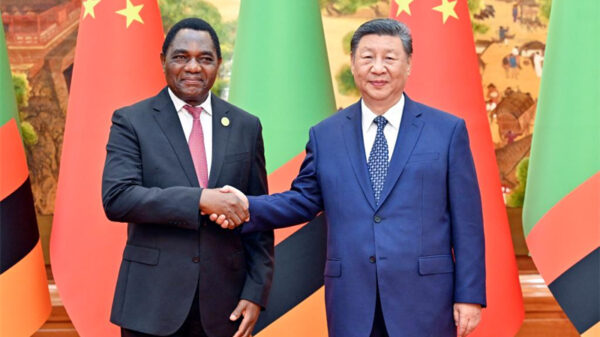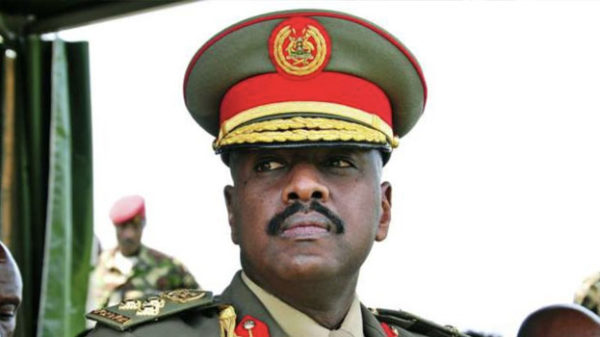During the 36th round of the Indo-French Strategic Dialogue in January, Indian National Security Advisor (NSA) Ajit Doval met with his French counterpart, Emmanuel Bonne. The discussions aimed at presenting a forward-looking strategic roadmap for the bilateral partnership in the fields of defense and security to address contemporary geopolitical trends.
The time-tested India-France strategic partnership continues to gain momentum given both sides’ adherence to peace, stability, and strategic autonomy. In fact, France has not only consistently backed India’s position on various international issues, but it has also established itself as India’s second-largest defense supplier in 2017-22. Similarly, India has continually come out to defend and support France on issues ranging from its counter-terror policies to its international geopolitical role.
The India-France strategic partnership presents itself as a pragmatic framework of convergence between the major powers of the East and West. Recognizing the complexity of the international geopolitical landscape, both states have managed to effectively deepen and broaden their cooperation to address contemporary trends in international affairs – among such trends are the unfolding strategic complexities taking place in the Indo-Pacific Region. While being a European power, France maintains extensive territories spanning from the Western Indian Ocean (WIO) to the South Pacific, a population of over 1.6 million French people, and a formidable military presence in the Indo-Pacific, making its strategic stakes in the region notably high. Unlike other European powers that seek to deepen their footprints in the Indo-Pacific region largely for economic gains, France’s interests are notably political-security in nature, given that only 8 percent of French commercial goods pass through the South China Sea.
China’s expansive activities in the Indian and Pacific Oceans continue to provoke France’s strategic interests. In the WIO, Indian analyst and author of “The Superpowers’ Playground: Djibouti and Geopolitics of the Indo-Pacific in the 21st Century,” Sankalp Gurjar points to four key dimensions in China’s engagements: dual-use infrastructure-building, political-diplomatic relations, connectivity projects, and critical military-motivated activities. Along with the establishment of its offshore base in Djibouti in 2017, China has also significantly ramped up its naval presence in the strategic sub-region. Moreover, China’s assertive maneuvering and exclusionary policies in the Pacific come at France’s expense in the context of freedom of navigation and maintaining the rules-based order. Accordingly, France’s perception of China’s assertiveness continues to spiral. In fact, according to a 2020 Pew Research poll, France’s unfavorable views towards China increased to 70 percent in 2020 from 42 percent nearly two decades prior. Furthermore, French President Emmanuel Macron himself has explicitly emphasized that if left unchecked, China’s hegemonic ambitions will come at the expense of freedom, development, and opportunities.
To offset these challenges, France became one of the first European countries to outline a strategy for the Indo-Pacific, which seeks to proactively bolster Paris’ diplomatic networks and strategic partnerships in the region. However, despite the policy recalibration, France’s Indo-Pacific strategy continues to lack the needed visibility.
It is in this context that India’s strengthening partnership with France can play a crucial role.
Being an Indo-Pacific power and a traditional security provider in the Indian Ocean Region, India’s growing diplomatic and material capabilities continue to enhance its geopolitical position in the region. Hence, deepening strategic relations with India may open new diplomatic channels for France to solidify its position in the Indo-Pacific, examples of which are the potential trilateral frameworks India and France have with countries like the UAE, Australia, Indonesia, and Japan.
Another significant convergence between New Delhi and Paris is their shared vision for an inclusive multipolar order, while also prioritizing the importance of strategic autonomy. Macron has emphasized how France’s Indo-Pacific strategy will not be determined by the binary power competition between the United States and China, rather Paris will seek to practically engage based on shared interests and concerns while also prioritizing the diversification of partners. Similarly, India’s emerging leadership role in the region banks greatly on an inclusive and pluralistic approach and an avoidance of bloc politics.ADVERTISEMENT
Hence, India’s attempt to play a larger role as a security and development partner throughout the developing world is increasingly welcomed given its recognition of the intricate balance between diversity, development, and security. At the bilateral level, both countries have also illustrated their maturity by accommodating and respecting each other’s sensitivities and proactively finding a way forward to strengthen and deepen their partnership further.
Therefore, an enhanced India-France partnership will add significant value to a region that is marred by a binary polarization of power brought on by the intensifying U.S.-China competition, which comes at the expense of regional countries that seek to preserve their interests, security, and growth. With both states having significant material capacity and shared interests and concerns in the region, the need to consistently evolve and operationalize the potentials of their strategic relationship will be necessary to pragmatically address the ongoing shifts taking place in the Indo-Pacific’s security and geopolitical architecture.
About The Author


































